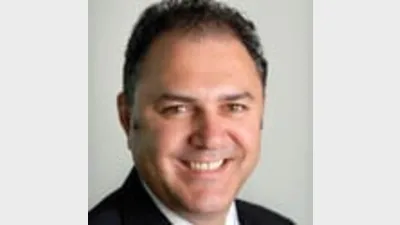Lonsdale practices look for cost savings



|
|
A significant number of Lonsdale planning practices are restructuring their service and pricing models in an effort to drop the cost of advice, according to the chief executive of Lonsdale, Mario Modica.
An increasing number of practices under Lonsdale’s parent group, DKN, were also approaching the firm looking to restructure their businesses to eliminate trail commissions and rebates in light of the financial services reforms, Modica said.
“There are some firms [that] are reasonably reliant on trail commissions and rebates, and if they end up getting turned off, then those businesses face a significant reduction in revenue, and a reduction in the value of their business,” he said.
The restructure is part of a client segmentation program that was launched last year to Lonsdale practices. It is also available to DKN aligned firms.
The module allows practices to segment their client base around a range of factors, such as profitability, funds under management and fee generation.
“The module is flexible enough to be able to segment their client base on any number of parameters, which comes down to an individual practice. Once they segment their client base, they can start thinking [about] what service package to offer to those segments, and how much it costs to deliver those packages,” Modica said.
Modica said the restructure came down to the value of advice and providing better service to clients in a way that was still profitable.
“If you are getting paid for your service by trails or commissions or rebates, and that gets turned off, then all of a sudden your value proposition is zero,” he said.
Recommended for you
AZ NGA has entered into a strategic partnership with national advice firm MiQ Private Wealth, as a way to provide a succession solution, as well as career development opportunities for staff.
While the advice profession struggles under growing operating costs, Adviser Ratings has found more than half of practices – some 58 per cent – that generate less than $250,000 in revenue report no profit at all.
The Federal Court has ordered the freezing of assets and the appointment of receivers to two entities linked to Australian Fiduciaries, ASIC’s latest move in an ongoing investigation into the company’s managed investment schemes.
Off the back of the August adviser exam results, the profession has seen 17 new entrants hit the Financial Adviser Register (FAR) this week, helping numbers return to positive territory.













